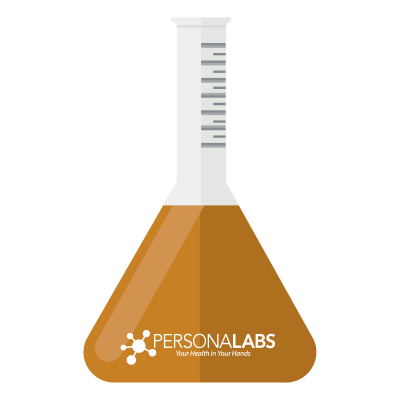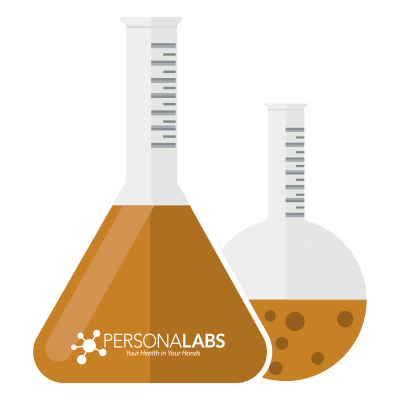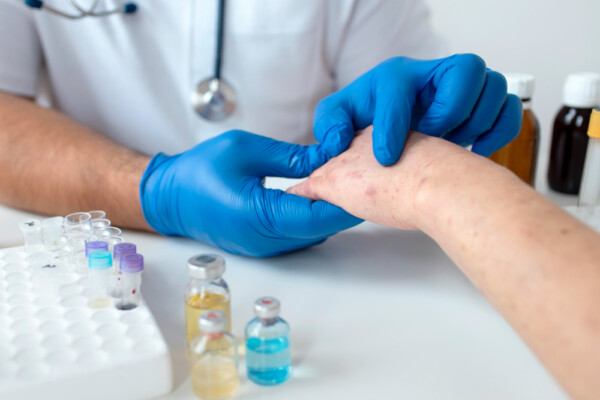- Fast results
- 4,000+ locations
- 4.8 star rating
Need Help? (888) GET LABS
Need Help? (888) GET LABS
Need Help? (888) GET LABS
Don’t know why you struggle with sneezing, congestion, and watery eyes every day? Allergy testing can give you the answers you need.

The Purpose of a Food Allergy Profile Blood Test In recent years, there’s been a growing awareness of food allergies in a…

Also Known as Allergen-Specific IgE in Serum, IgE Test, sIgE Test The Purpose of a Basic Food Allergy Panel Food allergies…

Also Known As Milk Allergy Test, Allergen Profile for Milk Purpose of the Dairy Allergy Test A blood test for dairy…

Also Known As CAP, ELISA, IGE Allergy Test, Quantitative IgE, RAST The Purpose of an IgE Test Chronic allergies aren’t just…

Also Known As: Allergen Profile Mold Purpose of the Mold Allergy Test Mold allergy testing helps diagnose allergy of molds,…

Also Known As: Allergen Profile, Food-Shellfish, Quantitative Allergen-specific IgE Test (Shellfish) Purpose of the Shellfish Allergy Test The shellfish allergy panel…

Quantitative Allergen-specific IgE Test that identifies allergic reactions caused by wheat, rice, barley, oat, corn and rye. Recommended For:…

The Purpose of an Isocyanate Blood Test Isocyanates are used to manufacture a variety of materials, including plastics, polyurethane, foams, and…

This test is used to study individuals with recurrent bacterial infections or allergy. However there are limitations to this…

Quantitative Allergen-specific IgE Test that identifies allergic reactions caused by beef, chicken and pork. Recommended For: Those who may…
One in three adults in the US has an allergy. If you frequently struggle with sneezing, itching, or bloating, an allergy blood test is a reliable way to uncover your triggers. Our comprehensive allergy blood test panels are designed to provide clear insights into your sensitivities and give you a path toward relief.
An allergy blood test not only helps ease symptoms but also prevents severe complications like anaphylactic shock. While allergy symptoms often look similar, allergens vary widely. Our allergen profiles are categorized by triggers, making it easier for your healthcare provider to establish a proper diagnosis and recommend treatment.
You can order online allergy tests and visit one of our over 4,000 affiliated locations nationwide for convenient allergy testing near you.
Allergies occur when the immune system overreacts to substances called allergens. During exposure, the body produces antibodies such as immunoglobulin E (IgE), which trigger the release of histamine and other chemicals that cause symptoms. Common allergens include:
Environmental: Dust mites, pet dander, pollen, mold
Food: Milk, eggs, peanuts, shellfish, wheat
Medications: Penicillin, aspirin, chemotherapy drugs
Insect stings: Bees, wasps, hornets
The widespread occurrence of allergies has rapidly increased in recent decades. Allergies are now the 6th leading cause of chronic illness in the US, with annual costs exceeding $18 billion. Common allergic conditions include:
Hay fever – Affects up to 10% of adults and 40% of children
Asthma – Affects over 25 million Americans
Eczema – Affects over 30 million Americans
Food allergies – Affect over 32 million Americans
Anaphylaxis – Causes 500–1,000 deaths annually
An allergy blood test identifies the exact source of your reactions, whether from environmental allergens like dust and pollen, or from foods, medications, and chemicals. By pinpointing your triggers, you gain control over your health with tailored strategies to avoid or treat them effectively.
We offer a comprehensive line of blood work allergy tests based on various types of allergens. These include:
Book a blood test without waiting for a doctor’s appointment and complete the allergy blood test near you at one of our partner labs.
Anyone experiencing recurring allergy symptoms should consider an allergy blood test. Those with a family history of allergies or who already live with allergic conditions can benefit from identifying additional triggers.
Symptoms that may indicate the need for an allergy blood test include:
Skin redness, swelling, rashes, or hives
Runny nose or sneezing
Stomach pain or bloating
Vomiting or diarrhea
Coughing or difficulty breathing
With over 100 million Americans experiencing allergies each year, an allergy blood test is more important than ever for accurate detection and management.
It’s best to schedule an allergy blood test as soon as you notice symptoms. Untreated allergies can worsen and lead to serious consequences. Anaphylaxis, in particular, requires immediate diagnosis and intervention. Having access to an allergy blood test near you ensures quick detection, safer treatment, and prevention of severe complications.
Interpreting test results is essential for proper treatment. Allergists evaluate:
IgE antibody levels in kU/L units – Values above 0.35 kU/L typically indicate an allergy. Higher levels often correlate with more severe reactions.
Severity classification (Grades 1–6):
Grades 1–2: Mild, usually managed by avoidance
Grades 3–4: Moderate, often requiring medication
Grades 5–6: Severe, requiring emergency treatment
Combined with your clinical history, these results guide the best treatment options.
The life-saving impact of allergy tests makes it worth every cent. With our simple, streamlined ordering process, you can get to the root of your allergies and optimize your health. Get allergy testing near you today.
How long does it take to get allergy blood test results?
Most results are available within a few days, though turnaround can vary depending on the lab. Once processed, your provider can review the findings and discuss next steps.
Is fasting required before an allergy blood test?
Fasting is not typically required. However, some healthcare providers may recommend avoiding certain medications beforehand, so always confirm any special instructions prior to testing.
Can children take an allergy blood test?
Yes, allergy blood tests are safe for children. They can be especially useful for younger patients who may not tolerate skin-prick testing.
How does an allergy blood test differ from a skin test?
While skin tests measure reactions on the surface of the skin, blood tests analyze the presence and concentration of IgE antibodies in the bloodstream. Blood testing is often preferred when skin conditions or medications interfere with skin-prick results.
Are allergy blood tests covered by insurance?
Coverage varies by insurance provider and plan. Many policies cover allergy testing when medically necessary, but it is best to confirm coverage before scheduling.
What should I do after receiving my allergy blood test results?
After results are reviewed, your provider may recommend lifestyle adjustments, avoidance strategies, or medical treatments such as antihistamines or immunotherapy. Following up with a healthcare professional ensures you take the right steps for long-term management.

Can You Suddenly Develop a Latex Allergy?
Latex allergies can develop suddenly, even if you have previously been tolerant. Read more about how latex can cause allergic reactions.

Blood Test Vs. Skin Test For Allergies: Which One Should You Get?
Allergy testing can be done using either the skin or blood. But how do these allergy tests work–and which one will work best for you? Learn more about blood and skin testing, the benefits of each method, and the common signs of allergies that signal it’s time to get help.

Is There A Blood Test To Detect What You Are Allergic To?
Food, bugs, animals, pollen–there are so many potential allergens out there that it’s hard to know what’s causing your uncomfortable symptoms. Allergy testing gives you the accurate information you need to pinpoint possible allergens to get the symptom relief you need. Find out more about allergy blood tests.

What is a Latex Allergy and am I at Risk?
Many everyday objects contain latex, from dishwashing gloves to the elastic on clothing, which makes life with a latex allergy difficult. Allergy blood testing can help determine if you have this condition, especially if you are at risk for a latex allergy. Read more about this type of allergy testing.